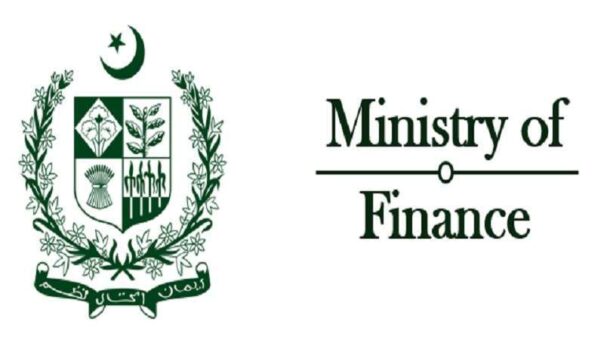Pakistan is gearing up to unveil its federal budget for the fiscal year 2024-25, with a primary focus on alleviating the burdens faced by the common populace amidst soaring inflation rates.
Scheduled for presentation next month, the budget aims to address the pressing needs of the people while also tackling broader economic challenges.
Reports indicate that the forthcoming budget will prioritize several key areas, including enhancing the country’s fiscal stability, reducing non-development expenditures, and boosting exports. Prime Minister Shehbaz Sharif has taken proactive steps by forming an 11-member ministerial committee, chaired by Finance Minister Muhammad Aurangzeb, to meticulously deliberate and finalize proposals for the upcoming budget cycle.
The committee comprises esteemed members from various ministries, including Defence, Planning, Development, Industries and Production, Economic Affairs, Commerce, and Petroleum, among others. Each member brings valuable expertise to the table, with the collective goal of formulating a comprehensive budget that addresses the nation’s immediate needs while laying the groundwork for sustained growth in the long term.
Key ministries, such as Planning, Development, and Special Initiatives, Finance, Economic Affairs, Industries and Production, Commerce, and the Federal Board of Revenue (FBR), have been entrusted with the crucial task of preparing proposals geared towards fostering development and growth. The Ministry of Planning, Development, and Special Initiatives will spearhead this effort, with a focus on laying the foundation for sustainable economic progress.
The Federal Board of Revenue has been directed to devise measures aimed at significantly enhancing revenue mobilization through equitable taxation across various sectors of the economy. The emphasis is on broadening the tax base rather than imposing heavier burdens on existing taxpayers, ensuring a fair and balanced approach to revenue generation.
Similarly, the Ministry of Commerce has been tasked with formulating tariff reforms aimed at reducing the cost of imported raw materials for local industries, thereby enhancing their competitiveness in regional and global markets. Additionally, ministries such as Finance, Power, and Defence will collaborate on proposals aimed at curbing non-development expenditures through meaningful reforms.
Addressing the root causes of inflation remains a top priority, with ministries like Finance and Industries and Production expected to propose targeted measures to provide relief to the common populace. This includes exploring avenues for direct subsidies and support programs, such as the Benazir Income Support Program (BISP), to mitigate the impact of high inflation on vulnerable segments of society.
Furthermore, efforts are underway to expedite the development of high-potential sectors such as Information Technology, agriculture, Small and Medium Enterprises (SMEs), e-commerce, and remittances. Collaborative proposals from ministries of Industries and Production, Commerce, and Petroleum Division aim to drive growth and innovation in these critical sectors.
The Federal Board of Revenue, in conjunction with the Ministry of Law and Justice, will propose legal reforms to support the implementation of approved FBR restructuring plans, ensuring effective governance and compliance within the taxation framework.
Inclusivity is paramount in the decision-making process, with the committee open to co-opting additional members as needed to enrich discussions and strengthen proposals. Additionally, the State Bank of Pakistan will contribute insights on remittances and propose measures to enhance financing availability for priority sectors.
As the committee progresses, the Finance Minister has expressed the desire to include the Minister for Power, Sardar Awais Khan Leghari, as an additional member, underscoring the government’s commitment to ensuring a comprehensive and inclusive budgetary process. Upon receiving proposals, the committee will convene for detailed deliberations to ensure that finalized recommendations align with the vision and priorities of the Prime Minister.
